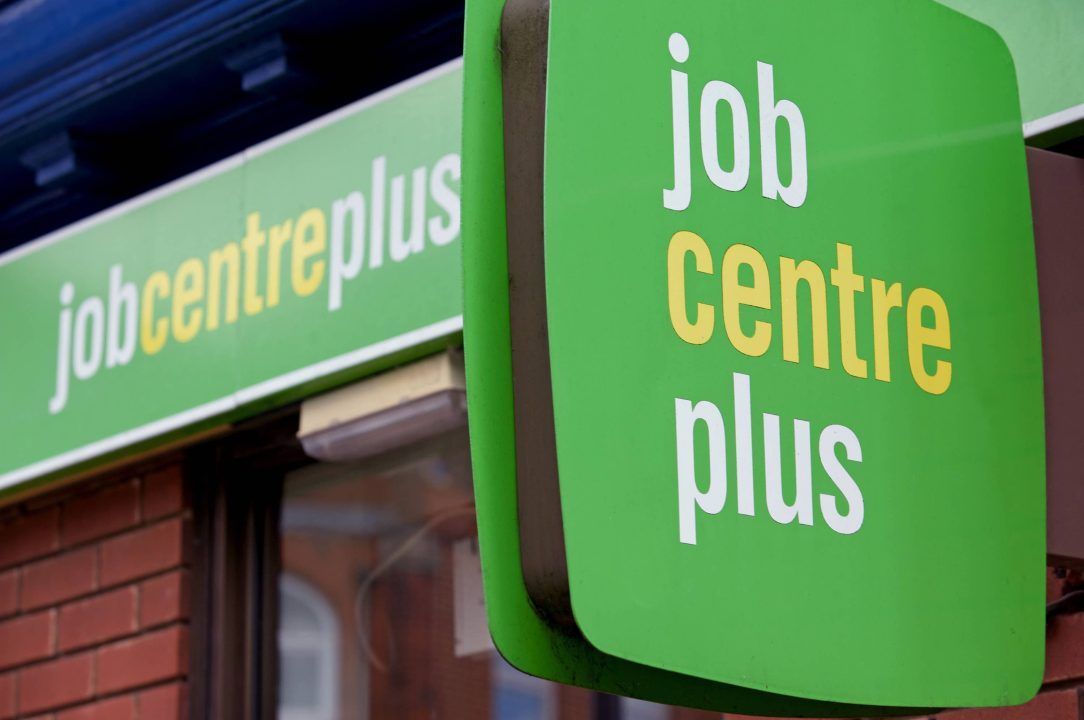More than half of job centres in Great Britain scaled back on support to benefit claimants amid a shortfall of more than 2,000 work coaches, a new report from the spending watchdog has said.
A charity said the shortage “undermines the Government’s promise to support disabled people into work”, with the National Audit Office (NAO) report coming in the same month as Labour confirmed a raft of welfare cuts.
In the spring statement, Chancellor Rachel Reeves said reforms to the “broken” benefits system will save around £4.8bn by the end of the decade, and £1bn will be invested “to provide guaranteed, personalised employment support to help people back into work”.
Benefit claimants can currently be supported by work coaches at job centres in various ways, including being offered advice and referred for job opportunities.
The NAO report, published on Monday, found around 2,100 fewer work coaches were employed on average by the department than the estimated need between April and September last year.
It attributed the shortfall to a combination of factors including funding and challenges with recruiting and retaining staff.
Meanwhile, between September 2023 and November 2024 more than half (57%) of job centres reduced their support for universal credit claimants under the flexibilities DWP allows when work coaches have too many cases to deal with, including having less frequent or shorter meetings with claimants.
The report, which did not assess the value for money of DWP’s spending on job centres, recommended the department should assess the impact of the shortfall in work coaches on the ability of job centres to provide the intended level of support for claimants.
The NAO said the findings should then be used to inform how employment support is provided in future and how the department will manage the risk of not being able to meet future demand for its reformed services.
The report found wide variation in the rate at which job centres in different areas got people into work, with southern England having the highest average monthly proportion of UC claimants moving into work (8.7%) between December 2023 and November 2024.
London and Essex had the lowest proportion (7.3%) in that timeframe.
At a district level, Birmingham and Solihull had the lowest average monthly into-work rate at 5.5% while northern Scotland had the highest at 10.8%.
The chairman of the Public Accounts Committee said a lack of clear evidence of what works to support people into work could frustrate the Government’s planned reforms.
Sir Geoffrey Clifton-Brown said: “A shortage of work coaches is limiting the support available to the growing number of universal credit claimants, with over half of job centres having to scale back their services.
“Future reforms to employment support will be frustrated without clear evidence on what works in supporting benefit claimants into employment.
“DWP must strengthen its monitoring of the performance of job centres, ensuring every pound spent delivers positive outcomes for individuals and the wider economy.”
The NAO said five of DWP’s seven regions had a shortfall of work coaches in 2023-24, with the biggest in southern England where there were 382 fewer work coaches (12.3%) than needed.
The Joseph Rowntree Foundation said the shortfall “undermines the Government’s promise to support disabled people into work, which it used to justify the biggest cuts to disability benefits in recent memory”.
Its senior policy adviser, Iain Porter, said: “Moving away from box-ticking and compliance towards personalised, tailored support for people with long-term ill health or disability requires dedicated work coaches to build relationships of mutual trust and respect.
“But more than half of job centres reduced their support for people looking for work at the end of last year because of rising caseloads.
“The Government must urgently explain how it plans to support disabled people into work while these work coach shortages remain.”
Gareth Davies, head of the NAO, said: “Helping people move into and progress in work is crucial to boosting productivity and reducing economic inactivity.
“As it takes forward the Government’s plans for reforming employment support, DWP should pay close attention to how it can make best use of its work coaches and ensure that people get the support they need.
“Given the key role job centres will play in supporting the Government’s ambition to increase the employment rate, DWP should also be transparent about how effective they are and evaluate the impact of its changes on the system of employment support.”
A DWP spokesperson said: “Our Jobcentres are full of brilliant work coaches – but they are held back by a system that is too focused on ticking boxes and monitoring benefits instead of genuinely supporting people back into work.
“That is why we are redeploying 1,000 work coaches to help deliver intensive employment support to sick and disabled people, modernising Jobcentres with new digital tools, and improving access to free up work coaches’ time as we bring the network together with the National Careers Service
“This will come alongside our Get Britain Working Paper which will bring forward the biggest employment reforms in a generation – joining up local, work, health and skills support and guaranteeing every young person has the chance to earn or learn as we deliver on our Plan for Change.”
Follow STV News on WhatsApp
Scan the QR code on your mobile device for all the latest news from around the country


 PA Media
PA Media






















